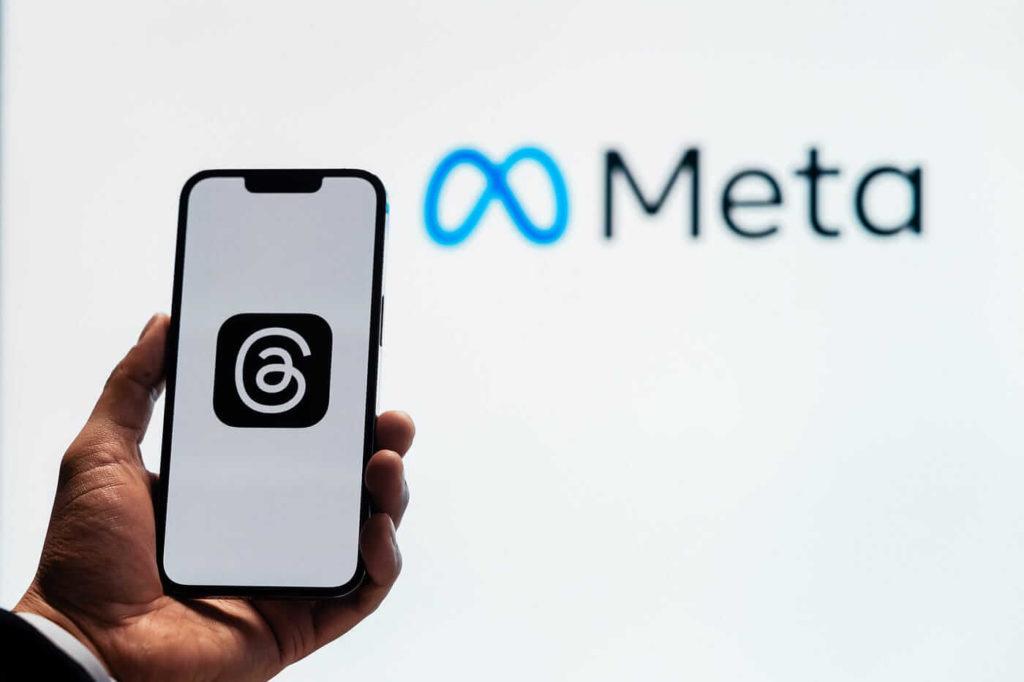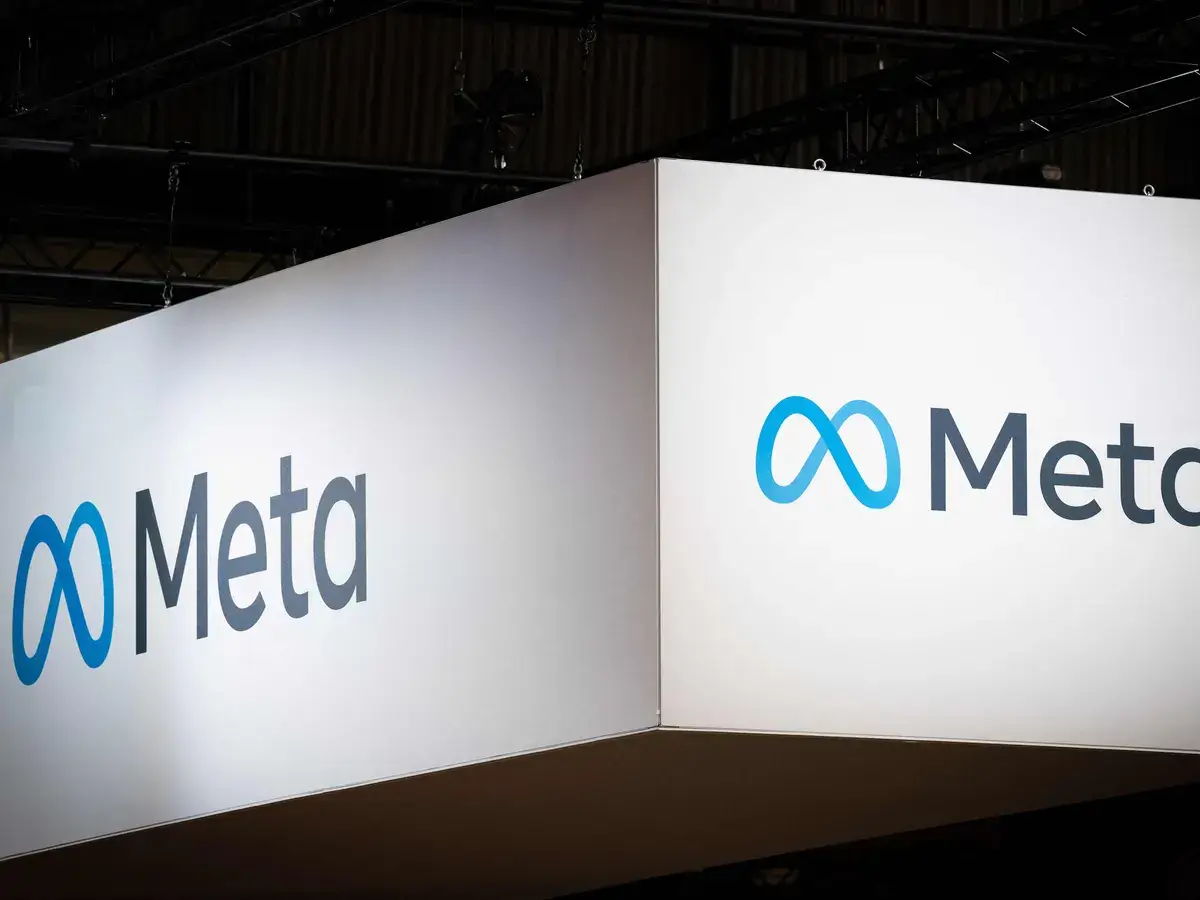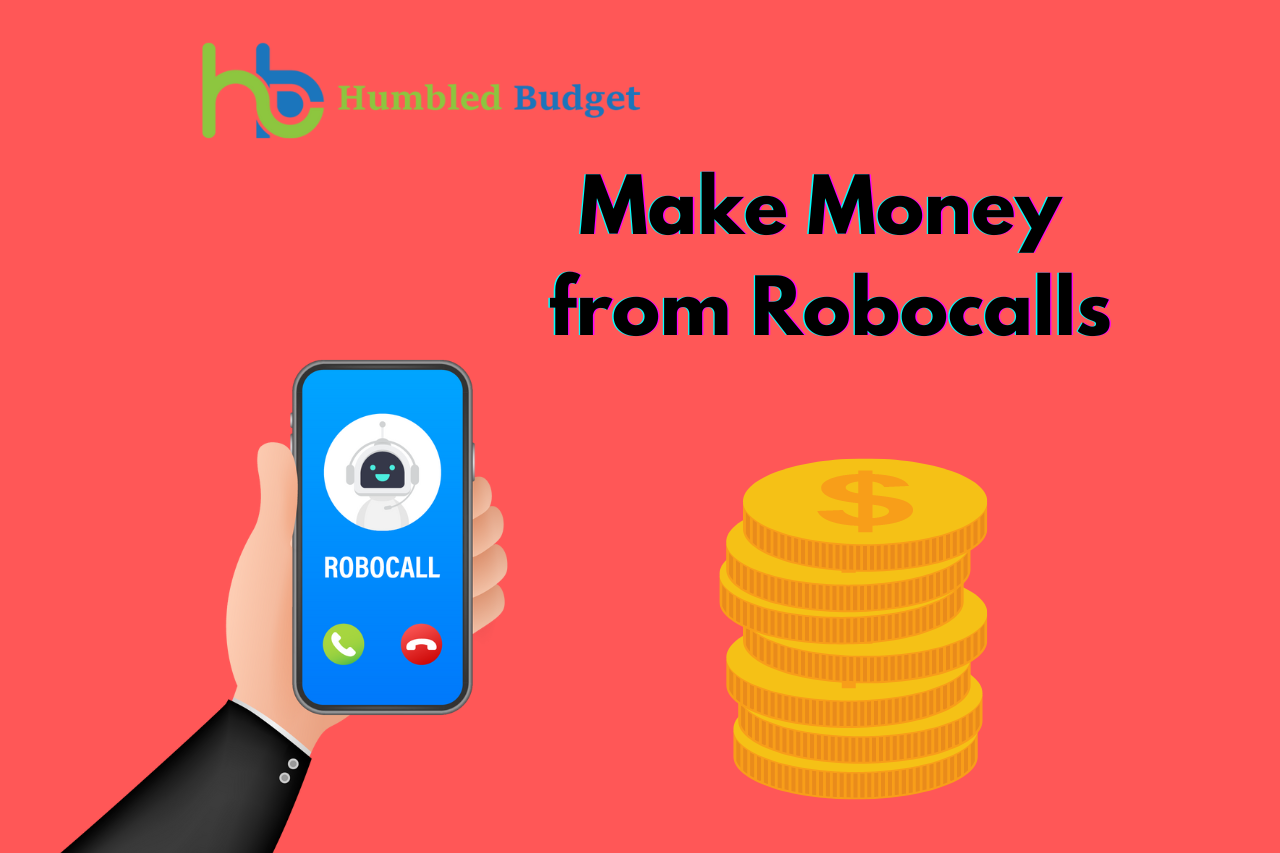When Facebook rebranded as Meta Platforms, 11,000 jobs were eliminated. CEO Mark Zuckerberg announced job cuts last week and cited slowing user growth due to competition and declining ad revenue in the face of a global economic downturn as the primary causes. Although it may seem like a lifetime ago, the picture was quite different just a few years ago.
As the global Covid-19 pandemic approached, the company was riding high on the success that had seen it add at least 100 million active users annually consistently. It would add another 300 million in 2020 alone as the world went into lockdown and online activity exploded. At this point, Zuckerberg made a risky bet that hasn’t paid off and is widely viewed as the cause of his current predicament. He reasoned that rather than leveling off, the dramatic increase in the amount of time we spend online would serve as a driving force for even more expansion in the coming decade. For Facebook, at least, things didn’t quite work out like that.

The social network has added slightly fewer than 50 million active users in the past 12 months, marking a significant slowdown in growth. As impressive as that may be, this is still considered an extraordinary expansion for a smaller business. Nonetheless, it’s a significant setback for a man who, in 2014, told Time magazine that his mission was to link every person on Earth.
This is also a cause for concern for his investors and shareholders, as the company’s market cap is currently at its lowest level since 2017 (after a reported loss of close to $700 billion). Assuming a peak value of $1 trillion in 2021, this represents roughly 67% of that figure. Is TikTok’s sudden decline resulting from changing macroeconomics, bad bets by its leadership, the rise of younger challengers like itself, or some other factor?
Let’s take a look at how these factors influence a company that is famous for its humble beginnings in a college dorm, its subsequent transformation that altered the face of the internet, and its current transformation that aims to fundamentally alter our lives. Before we dig deeper into looking into the meta platform and analyzing its findings, don’t forget to read our article on the Difference Between Tax Credits And Deductions.
A Brief Overview of History
Facebook (and now Meta) has been around for nearly twenty years, and despite its meteoric rise to prominence, it hasn’t been without its share of controversy. It wasn’t even the first social network; Friends Reunited, MySpace, LinkedIn, and Hi5 all came before it. But it surpassed them all by marketing itself as a general-purpose communication tool, on par with the telephone and the internet, rather than a specialized one for specific demographics like teenagers, businesspeople, or music fans.
Grandparents could use Facebook just as easily as college students or musicians, and they both enjoyed sharing and viewing adorable baby pictures. In its first decade, Facebook expanded from a website used primarily by students at a few US universities to a global network with over 1.4 billion users. Along the way, it shifted socializing from being primarily face-to-face and limited to small groups of people to being conducted online and on a global scale. However, controversy sprouted almost immediately. Viewers of The Social Network will be familiar with claims that Zuckerberg stole the idea for the site from other Harvard students.

Facebook reportedly paid out $65 million to claimants somewhere in the neighborhood after the case was settled in court. Also, the company has a history of not treating users’ private information with the care it requires, leading to multiple lawsuits and fines. Austrian privacy advocate Max Schrems won a lawsuit against Facebook in 2013 for user privacy violations.
The Cambridge Analytica scandal, which surfaced in 2018, accused Facebook of selling the personal information of tens of millions of American users without their consent and resulted in a record-breaking $5 billion fine for the company in 2019. Later, in 2021, the company settled a lawsuit for $650 million after admitting that it had created and stored face-recognition profiles of millions of users without their consent. The company has recently been at the center of controversy due to its seemingly reckless wager on the much-touted concept of the metaverse.
Facebook’s 2013 purchase of VR headset maker Oculus marked the beginning of Zuckerberg’s love affair with the metaverse. After eight years of planning, he finally revealed every detail of his master plan. It was not entirely unexpected that he would try to recreate the “next-generation” of his all-conquering social platform in the virtual reality space. Since the purchase of Oculus, rumors have circulated that this was a real possibility.
It was only natural that the world’s most popular social media platform would eventually expand into virtual reality with a “Facebook but in VR” version. However, it’s safe to say that changing the company’s name to Meta was bolder than most people anticipated. After all, he and his company have a good chance at defining the next iteration, web3.0, web3, the metaverse, or whatever arbitrary label we end up applying to it, given that they defined, if not invented, the shape of web2.0, the “user-generated web,” with Facebook.
Despite reportedly spending $36 billion trying to make it happen, Zuckerberg does not appear to be deterred by the fact that there appears to be limited enthusiasm among the general public for his plans. The most up-to-date numbers suggest that fewer than half a million users have registered. Late in 2022, a report concluded that slow growth was not the only explanation. Instead, it’s declining in popularity, with Meta’s Horizon Worlds seeing a year-over-year drop from roughly 300,000 to 200,000 monthly active users. Many people who have signed up for the service have left quickly due to issues such as the game’s rudimentary visuals and allegations of sexual harassment from other players.
It has been reported that company executives have been berating employees for their lack of enthusiasm for the virtual world they created. The meteoric rise of TikTok, which has stolen much of Facebook’s audience, and the changes to Apple’s privacy policies, which restrict the ability of Facebook advertisers to track the activities of iPhone users, are two other setbacks.
Zuckerberg stands at the epicenter of Facebook’s meteoric rise, polarizing controversy, and catastrophic fall. Reports indicate that $88 billion of his original $125 billion fortune has been lost over the past year due to his refusal to back down or even dial back his metaverse ambitions. It’s been suggested that he has a problem with being liked because, unlike some of his fellow billionaire founders, he isn’t as demanding of his employees or as Machiavellian towards his rivals.
Commentators have noted that, when he speaks publicly, he doesn’t always come across as genuine and sincere. In other words, he doesn’t seem like the kind of person who would naturally speak from the heart as a human being and instead comes across as someone who is making a concerted effort to appear that way. What’s next for Mark Zuckerberg and Meta?
Then, is this the end of Facebook? Or, to put it more dramatically, the end of social media as we know it? The events at Twitter, a competitor network where Elon Musk recently took over as CEO and instituted even more drastic cost-cutting measures, have inevitably been compared. Just days after acquiring the platform, Musk announced his intention to lay off nearly half of the workforce due to a precipitous decline in revenue. Now users are threatening to leave as well, saying that they are afraid the platform will become dangerous due to future plans. We don’t yet have anything to replace social media, so I don’t think this is the end.
It’s naive to believe that we’ll somehow revert to life before the advent of social media, whether or not Facebook or Twitter survives as companies. Despite its drawbacks, it’s hard to deny how easily accessible it is. More likely is the emergence of brand new social media services, which may or may not address the issues plaguing their forerunners but will almost certainly usher in a slew of issues of their own.
Social media has been blamed for contributing to societal problems, but so have radio, television, and newspapers during their golden ages in the last century. It’s safe to assume that whoever or whatever comes next will also annoy some people. Whether or not Zuckerberg’s metaverse bet pays off, in the long run, is a crucial question for Meta’s future.
Recent signs may not be promising, but Zuckerberg and his company continue to own and operate the most widely used social networking platform in the world, which continues to bring in a sizable amount of money from advertisements despite this. Of course, they also have the wildly successful Instagram and the most widely used messaging app in the world, Whatsapp.
This means they have maintained a sizeable asset base and a global staff of roughly 76,000 employees. However, no one knows for sure what the future of the metaverse will entail, and Meta’s offering doesn’t sit well with those who advocate the vision of “web3” as a decentralized, user-owned internet built on blockchain technology freed from the centralized control of corporations like Meta or Google.
There is no way that Meta’s failure would indicate that the metaverse concept as a whole was doomed to oblivion. Even so, a third version of the World Wide Web (web 3.0) will be developed and released. There’s a chance it won’t look like the one Zuckerberg has spent the past year selling us.
Many people think that, while Zuckerberg may have created the social media platform that defined a generation’s online experience, it’s highly unlikely that anyone else will be as foresighted, successful, and lucky as he or she was the first time around. However, the only thing we can be sure of is that the internet (or the web, social media, metaverse, or whatever we call it) will continue to develop and change.
To imagine how different the internet will be in 2020 from today’s internet is like trying to imagine how different the internet of today is from the internet of pre-Facebook days. Whatever the case, I believe it will be more immersive, engaging, and experiential than virtual reality. It is uncertain whether Meta and Mark Zuckerberg will be the ones to pave that way forward.
Meta Platforms Stock Forecast: Are Metaverse Bets Off?
There has been little relief in the bearish environment for Meta Platforms’ (META) stock performance so far this year. In the wake of a widespread selling frenzy at the end of October, share prices plunged 24%, reaching their lowest level since 2016. The price of a share of stock is $92.77 as of Tuesday, November 2, 2022. Investors are worried about Meta’s sudden shift toward the metaverse; as a result, the stock has fallen in tandem with the tech-heavy Nasdaq 100 (US100) index.

The company, now known as Facebook, has warned that changes to iOS privacy features and increased competition from other platforms like TikTok and Snapchat could have a negative impact on the company’s financial performance in the near future.
Meanwhile, a high inflation rate of 8.2% has worsened macroeconomic conditions in the US, leading market participants to take less risk.
Given the current climate and management’s plans to reshape the business model, what should investors in this social media stock expect? By examining the recent META stock news, META stock price movement, and META stock fundamentals, this article provides readers with realistic META stock forecasts for 2022 and beyond.
Not without its share of research. Keep in mind that the stock market predictions made by the Meta Platforms algorithm may be completely off.
There is no guarantee that the returns you see today will be repeated. Never trade with money you can’t afford to lose, and never rely on someone else’s analysis.














